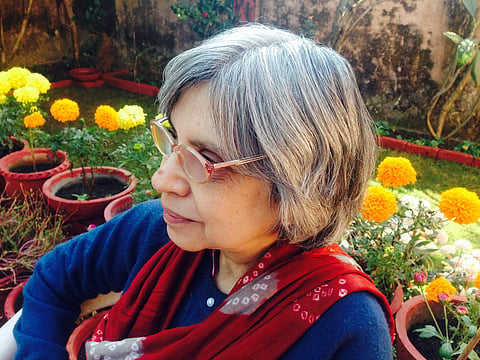

India may be 70 years old, but thanks to our growing youth population, it’ll be the youngest country by 2020. Over the years, we’ve had a lot of growing up to do and we still have a lot more left. Ahead of us lie long, never-ending days to toil and work hard towards that coveted title of ‘a developed nation’. But before we move forward into the future, author Roshen Dalal feels it pertinent to look at our past and she offers us that opportunity through her book, India at 70. Book worm as a child, inclined towards archaeology as a teen and then an MA in ancient history as an adult, Dalal tells us how she would want the book to be viewed and how to be an unbiased historian. Excerpts:
Tell us about the time spent on your book.
The book took about a year to write, but a lot of the material had been collected earlier. The political-historical aspects had already been a part of my book The Puffin History of India - Volume 1. I had also read and collected a lot of information on Indian literature, mainly from the wonderful volumes published by the Sahitya Akademi.
Roshen Dalal, author
Is it an index, an anthology or a novel?
I don’t think the book falls under any of these categories. It is history but with a different approach. I already did a narrative on this period in The Puffin History of India - Volume 2. The aim of this book was to highlight some of the key points, along with aspects of ecology and culture. In a narrative, the latter aspects often have less importance.
What criteria did you follow to narrow down the events that have been published? How did you decide which ones went into the book?
There were certain criteria I used. For the people that I included, I chose from prominent award winners, young achievers and those relatively marginalised. I would have liked to include a lot more, for instance on regional cinema and literature, but space was a constraint.
History is always a biased, third person's account. So as a historian, can you assure us that your book is the correct depiction of history?
I try to stay up-to-date with worldwide research in history, read as much as possible, and maintain an objective approach. Choices are made in the selection of facts, but I do my best to ensure that what I write is correct.
